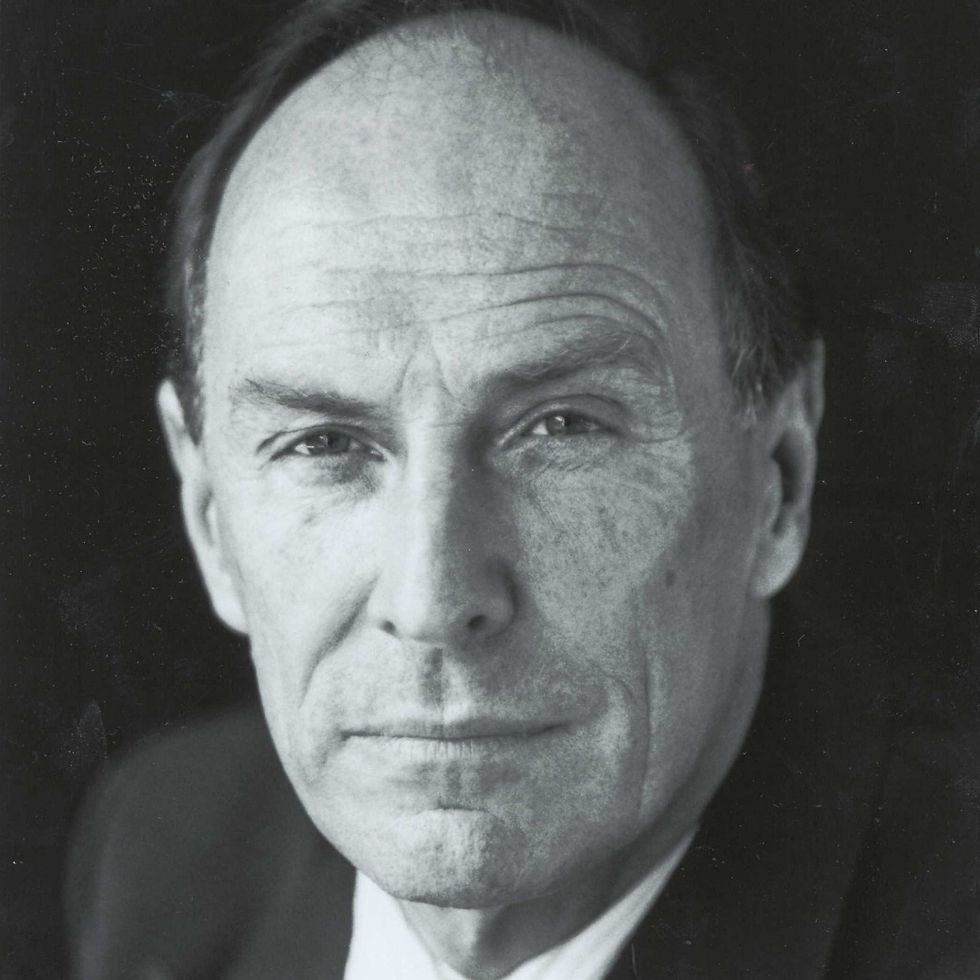New version by Mike Poulton
Directed by Jesse Berger
Featuring Ron Canada, Helen Cespedes, Celeste Ciulla, Kelley Curran, Sanjit De Silva, Philip Goodwin, Ezra Knight, Sam Lilja, Patrick Page, Rod Singleton, and Paxton Whitehead
“Don Carlos has the soul of Hamlet,” Schiller has said of his title character, caught between the maelstrom of revolution and his own forbidden passion. Deeply indebted to the plays of Shakespeare and the Jacobeans, Schiller’s classic work of the German Enlightenment is loosely based on actual events of the court of Spain: young, idealistic heir to the throne Don Carlos sides with oppressed revolutionaries against his father, the tyrannical King Philip II, who has also married the woman that has captured Don Carlos’s heart. Arguably Schiller’s finest work, it is a profoundly moving tale of the tragic conflict between political ideals and personal desire.
"In Mike Poulton’s fleet and vivid translation . . . the story of a tyrannical King Philip II of Spain and his abused, love-tormented son, Don Carlos, has all the deftly plotted twists and turns of a thriller. You lean forward in your seat, desperate to discover what happens next...”—Daily Telegraph
CAST











ABOUT THE PLAY
August 26, 1791, the French National Assembly bestowed upon Friedrich Schiller the honorary title of a “Citoyen français,” for his plays and publications, especially for The Robbers. Although he shared many of the ideals of the French Revolution, by 1793 he was certainly disillusioned by its violence and bloodshed. But even long before, he might be more aptly described as a republican idealist than as a revolutionary. He began to work on Don Carlos in 1782 while still in Mannheim but did not finish the play until 1787.
Set at the country estate of Philip II (1527-1598) the play deals with the beginning of the Dutch Independence Wars. However, this play, which Schiller called a “family portrait of a princely household,” is less interested in concrete historical events than in exploring the emergence of political idealism. How do idealism and politics challenge the relationship between the stern and remote Philip II to his estranged son Carlos, and the relationship between Philip II’s wife Elizabeth towards Carlos, her stepson, who also used to be her fiancé. What are the limits of trust, what is the potential for self- sacrifice, and how can political idealism turn into the manipulation of the people we love?
Carlos’s and his friend’s, the Marquis Posa’s, sympathy with the struggle for freedom in the Netherlands is kindled by the terrifying role of the inquisition under Philip II. When Carlos demands from his father to be sent to the Netherlands, his request is denied. However, when the cosmopolitan nobleman, the Marquis Posa, who argues for freedom of conscience and freedom of expression, refuses to play the role of the subservient courtier, it is exactly through this behavior that he becomes the king’s most attractive confidant and desired friend. What does this mean for the friendship between Carlos and Posa?
-Dorothea von Mücke, Chairman, German Department, Columbia University
ABOUT THE PLAYWRIGHTS
FRIEDRICH SCHILLER was born in 1759 in modest circumstances in Marbach at the Neckar, in Southern Germany. He obtained an excellent education at the Hohe Karlsschule, the Duke of Württemberg’s institution for the recruitment of gifted youth for army, government and court offices. After graduating with a degree in medicine, the 21-year old Friedrich Schiller fled from the state of Württemberg to Mannheim, then belonging to the Palatinate in order to escape being arrested for the publication of his provocative play, The Robbers. It was also in Mannheim that his early plays were first performed and that he eventually found employment at its repertory theater. Between 1783 and 1789 he continued to produce plays, to write and publish about the institution of the theater and tragedy, philosophy (especially Kant) and history (e.g. the Dutch Independence Wars), living in the vicinity of Leipzig, Dresden, and finally Weimar. In 1789 he obtained a position as Professor of History at the University in Jena and soon after he formed a close friendship with Goethe, which lead to joint projects, such as the publication of the literary journal Die Horen. Schiller who had been suffering from bad health and protracted pulmonary illness died in 1805.
MIKE POULTON is an English translator and adapter of classic plays for contemporary audiences. Poulton's adaptations have been presented by the Royal Shakespeare Company, the Theatre Royal, Plymouth, the Mercury Theatre, Colchester, the Crucible Theatre in Sheffield, the Birmingham Repertory Theatre, on Broadway, in the West End, and even in York Minster.
Our OBIE Award-winning Revelation Readings series provides a unique opportunity to hear rarely-produced classic plays performed by many of the finest actors in New York.
Casting subject to change.

